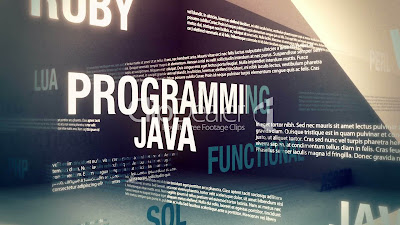HACKING
Taking a start :
In computer security, a hacker is someone who focuses on security mechanisms of computer and network systems. There are a community and shared culture of expert programmers and networking wizards that trace its history back through decades to the first time-sharing minicomputers and the earliest ARPAnet experiments. The members of this culture were the first "hackers." Breaking into computers and breaking phone systems have come to symbolize hacking in popular culture, but hacking culture is much more complex and moralistic than most people know. To become a hacker, learn basic hacking techniques, how to think like a hacker, and how to gain respect within the ethical hacking community.
Requirements :
1
Run a UNIX-like OS, such as Linux. UNIX and UNIX-like operating systems are the operating systems of the Internet. While you can learn to use the Internet without knowing UNIX, you can't be an Internet hacker without understanding UNIX. For this reason, the hacker culture today is pretty strongly UNIX-centered. There are many types of UNIX-like operating systems, the most popular being Linux, which you can run alongside Microsoft Windows on the same machine. Download Linux online or find a local Linux user group to help you with installation.
2
Write HTML. If you don't know how to program, learning basic HyperText Mark-Up Language (HTML) and gradually building proficiency is essential. What you see when you look at a website of pictures, images, and design components is all coded using HTML. For a project, set out to learn how to make a basic home page and work your way up from there.
Recommended : IT Apps Kips Publication class IX.
3
Learn the language of programing. Before you start writing poems you have to learn basic grammar. Before you break the rules you have to learn the rules. But if your ultimate goal is to become a hacker, you're going to need more than basic English to write your masterpiece.
Programming Language :
- Python is a good "language" to start off with because it's cleanly designed, well documented, and relatively kind to beginners. Despite being a good first language, it is not just a toy; it is very powerful, flexible, and well-suited for large projects. Java is an alternative, but its value as a first programming language has been questioned.
- If you get into serious programming, you will have to learn C, the core language of Unix. C++ is very closely related to C; if you know one, learning the other will not be difficult. C is very efficient with your machine's resources but will soak up huge amounts of your time on debugging and is often avoided for that reason, unless the efficiency of your computer is especially important.
- It is probably a good idea to use a good starting platform such as Backtrack 5 R3, Kali or Ubuntu 12.04LTS.






Awesome research ! just keep it on... i have subscribed ur blog.....
ReplyDeleteGreat Research Keep it up....
ReplyDelete